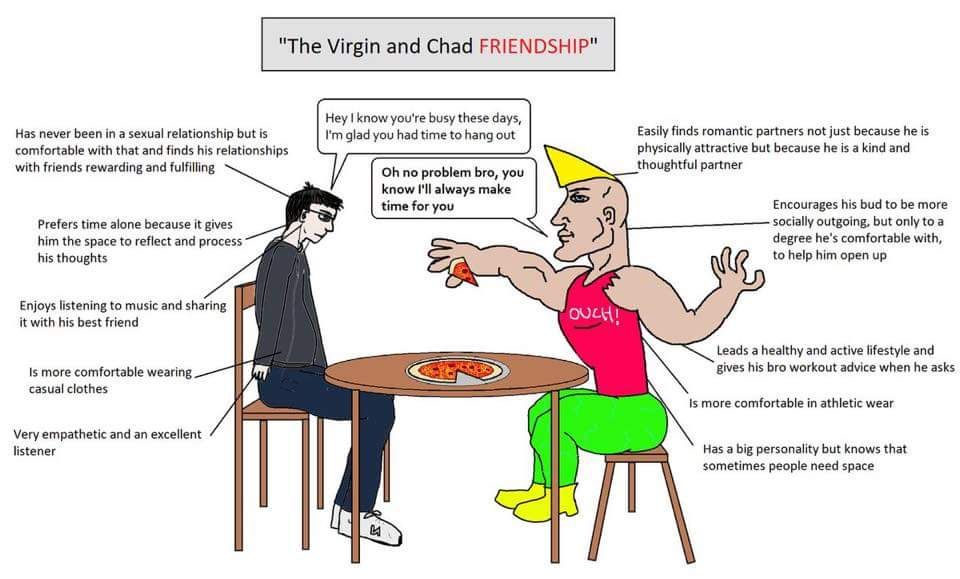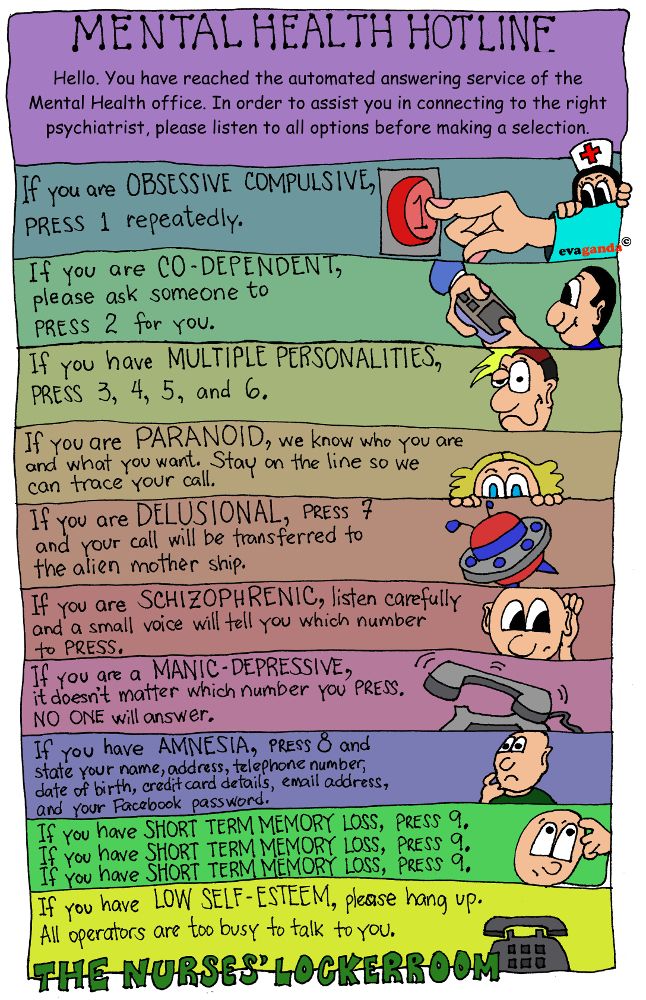How to care for others
How to care about people. it’s an action, not a feeling. | by Anna Mercury
Photo by Daniil Kuželev on UnsplashPeople in general don’t grow up being taught how to care for each other — how to receive each other’s feelings, how to hold space for each other, how to make others feel cared for, how to meet our own emotional needs and assist others to meet theirs in mutual aid. So, as someone who really, deeply prioritizes giving care to others, and has been told time and again that I’m pretty good at it, I’m offering a free lesson.
First, I was not born knowing how to care for people. I’m still learning, and I still screw it up a lot of the time. But I want to hit home the point that this is something I’ve learned how to do because I’ve actively tried to
. I’ve made learning how to care for people well a priority, because I believe it is the most important thing I can do. I know it is, because I’ve felt firsthand the pain of not feeling cared about by the people in my life over and over and over again, and seen on more macro- levels how a lack of centering care at all levels of social relationships leads to brutality around the world.
So, without further ado, I’ve written you all a lesson.
Step 1: Don’t have people in your life that you don’t care about.This is so obvious that I laugh at even having to say it, but it’s actually something not all people understand, or do. I forget it all the time.
If you don’t care about someone, don’t have them in your life. If you only talk to them to get something from them, don’t have them in your life. If you feel obligated to them but don’t actually want to be around them, don’t have them in your life.
Limit your sphere of association to the people you actually feel caring feelings towards, and focus on caring for those people better. Spoiler alert: you don’t have to care about everyone. You won’t be able to care about everyone. Quit making time for the people you don’t care about, so that you have time for the people you do care about.
“But what if I need this thing from them and pretending I care is the only way to get it?” Congratulations, you suck. The new way of being starts with you. Do better.
The new way of being starts with you. Do better.
As ye olde Massive Attack adage goes, “Love, love is a verb. Love is a doing word.” The same is true for care.
You can like someone all you want, but if you don’t spend your thoughts or words on them, you don’t care. You can want someone to be happy all you want, but if you don’t try to facilitate their happiness, you don’t care.
Care without action is emotional masturbation. It’s telling yourself you’re a caring person but not putting in the work to be one. Action is our interface with this world: our movement, our thoughts, our speech, our silence. Other people cannot feel your feelings for you. They can only feel their feelings, which are influenced by your actions. Use your actions to care.
Step 3: Ask others how they are doing, and listen to their answers.
Ask from a place of genuinely wanting to know. If it’s not clear to them whether you’re honestly asking or just asking to be polite, make it clear. Go out of your way to make sure the person you’re talking to knows that you actually want to know what they are feeling, what their emotional landscape is like in this moment.
If it’s not clear to them whether you’re honestly asking or just asking to be polite, make it clear. Go out of your way to make sure the person you’re talking to knows that you actually want to know what they are feeling, what their emotional landscape is like in this moment.
If you are asking just to be polite, don’t ask. Refer to Step 1.
Step 4: Understand that everyone’s feelings make sense.Even if they don’t make sense to you right now.
Regardless of whether or not a feeling is rational, it is always logical. Rationality does not apply to feelings. A person’s feeling is always the result of some cause. There is no such thing as an incorrect feeling. Feelings simply are or are not felt.
Keep this in mind when you talk to people. Validate their feelings. Try to chart back their feelings in your own mind, and express to them that their feelings make sense. If you don’t understand where the feeling came from, ask them.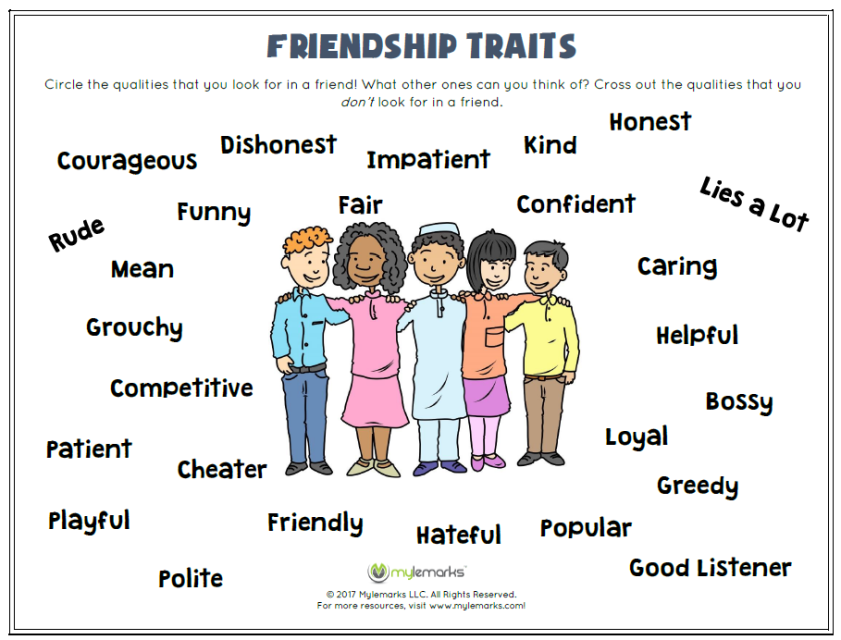 Maybe they don’t fully understand, and taking the time to ask them will likely make them feel more cared about.
Maybe they don’t fully understand, and taking the time to ask them will likely make them feel more cared about.
But please, never, ever, ever, say, “Well if I was in your situation, I wouldn’t feel that way.” Because you’re wrong. If you had that person’s biology, that person’s upbringing, that person’s history, that person’s experiences, that person’s tendencies, and you were in that person’s situation, you would feel the same way. Because you would be them.
Just because you’ve experienced something similar does not mean you have been in the same situation, because what we feel in a situation includes the whole of who we are and what we have been through up to and including that point.
Step 5: Care for yourself.Put on your own oxygen mask first.
Think about all the things that other people do that make you feel loved, seen, valued and cared about, and do them for yourself, too. Things like: genuinely asking yourself how you feel, because you want to know. Not giving emotional energy to others when you don’t have it to give. Giving time to yourself, giving energy to yourself, giving love to yourself in whatever form that takes.
Not giving emotional energy to others when you don’t have it to give. Giving time to yourself, giving energy to yourself, giving love to yourself in whatever form that takes.
We often seek support from others when we feel we cannot give it to ourselves. Some pains require external help. You don’t go to the hospital for a cut you can treat at home, but when it’s a broken leg? Yeah, you’ll want a doctor.
One of the best ways to learn how to give care to others is to learn how to give it to yourself. What do you feel? Ask yourself. Be present in what you feel, and validate yourself. Now, what do you need? Help yourself to get it, just as you would for someone you care about.
Step 6: Be present with others in their pain.Take the phrase “Cheer up” out of your vocabulary. “Cheer up” is the cat-calling of emotional advice. Just as no one has ever gotten a “Heyyyy mama you look so fine” and thought “Wow, I would love to date this person,” no one who is feeling pain has ever been told to “cheer up” and thought, “What a great idea, why didn’t I think of that?”
You cannot work your way out of a feeling without going through it. If emotions are a hole, the only tool you have is a shovel, and that shovel is feeling your dang feelings. You cannot climb out of a hole with a shovel. What you can do is dig until the hole becomes a tunnel. You can ignore your emotions, or distract yourself from them, or drown them in substances, but your feelings will invariably come back, usually as misplaced hostility towards others, or addiction, or hip pain.
If emotions are a hole, the only tool you have is a shovel, and that shovel is feeling your dang feelings. You cannot climb out of a hole with a shovel. What you can do is dig until the hole becomes a tunnel. You can ignore your emotions, or distract yourself from them, or drown them in substances, but your feelings will invariably come back, usually as misplaced hostility towards others, or addiction, or hip pain.
You cannot help someone through their pain without being present with them in it. This does not mean taking on their pain as your own; it means directing your attention, your energy, towards the person in the moment and receiving them as they are. Rather than thinking about what to say next, listen. Rather than talking about yourself, listen. Rather than letting your mind wander to what you’re eating for dinner tonight, listen. Actively. Watch their face.
Once the pain has been felt and met with presence, then could be the time for advice.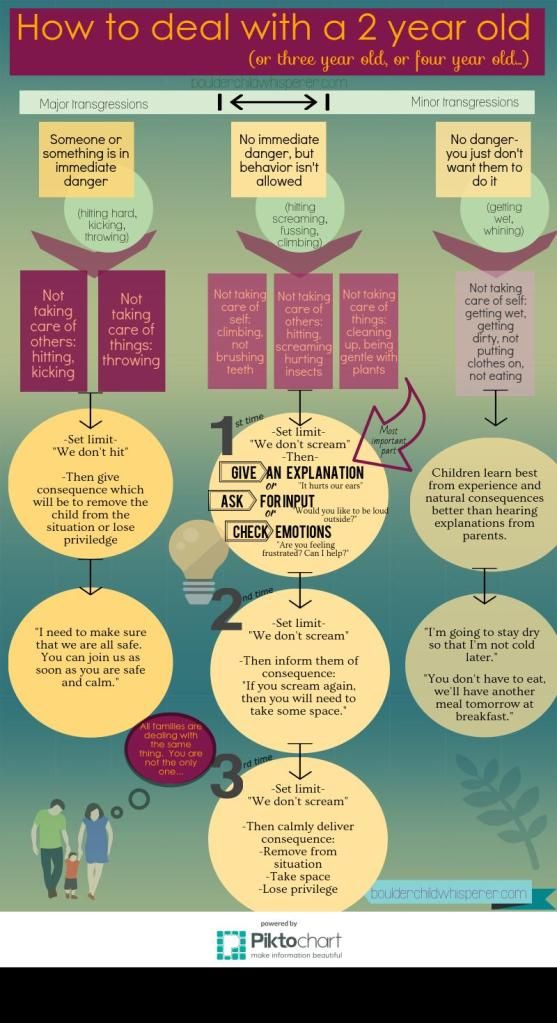
If you’ve asked someone how they’re doing, listen. Don’t talk about yourself. If someone’s coming to you in pain, listen. Don’t talk about yourself.
If you need to set boundaries, like “I can’t handle this right now,” or, “I’m not the right person for this,” then talk about yourself. Please, please do so.
But if someone you care about says, “I’m in crisis right now” or “I’m in pain,” or “I’m really sad,” stop saying things along the lines of, “Oh, I was sad yesterday,” or, “When I’m sad is listen to Jordan Peterson” (actual quote from today, and I can’t vomit enough).
If you’ve asked someone how they’re doing, then this isn’t about you. It’s about them. There are lots of ways to relate to someone and show that you empathize by talking about yourself, but these come after you’ve listened.
Step 8: Find out how others receive care, and care for them accordingly.
There’s a thing I talk about a lot, I call it “language of care.”* Everyone has had a different experience up until this point, and everyone has different associations, and everyone has different things that make them feel cared about. Everyone has different things that make them not feel cared about. I have a thing about birthdays. People not doing things for my birthday makes me feel uncared for. People telling me openly and honestly how they feel makes me feel cared for. For others, presents or surprises make them feel cared for. For some, certain words feel caring, and certain words don’t.
Mismatched languages of care are one of the easiest ways to leave the people in your life feeling unloved. You may do things for them that would make you feel cared about, but for the other person, these things fall flat.
How do you know what makes someone else feel cared about? You ask them. Maybe they don’t even know, but if you ask them, they’ll have to think about it and find out.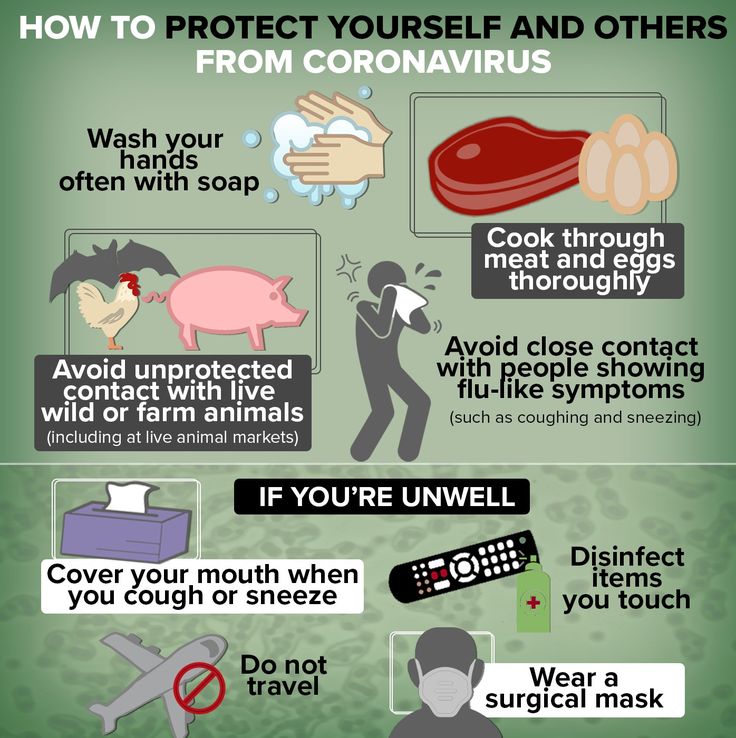 Then, within your own boundaries, show care for them accordingly.
Then, within your own boundaries, show care for them accordingly.
If you do something that hurts someone, and they tell you it hurts them, maybe don’t do it again.
If you do something that hurts someone, and they tell you it hurts them, and you apologize, promise not to do it again, and then do it again, you suck.
Pro tip: hurting someone’s feelings is not the same as doing something wrong. Don’t apologize for anything you don’t genuinely feel bad about doing.
If you actually feel bad about something, try your hardest to not do it again. Seek help in not doing it again. If you are not putting in the work to change your behavior after hurting someone, any apology you give is hollow lip-service at best, and at worst, an abject lie that just keeps the other person in a cycle of pain believing things might be different this time.
Step 10: Give care because you care.Not because you expect immediate reciprocity. Not because you think you “should.” Not because you’re tired of dealing with a crying friend, or a depressed roommate, or a despondent lover. Do not care for people because you want to change them. If you’re just trying to change them, you don’t actually care about them, as they are now. You’re just trying to be rid of them as they are now.
Not because you think you “should.” Not because you’re tired of dealing with a crying friend, or a depressed roommate, or a despondent lover. Do not care for people because you want to change them. If you’re just trying to change them, you don’t actually care about them, as they are now. You’re just trying to be rid of them as they are now.
Instead, give care because you care.
Make the people in your life feel cared about because you feel care for them. Make the people in your life feel loved because you love them.
The point of this all is to have your actions reflect your authentic feelings — to stop things from getting lost in translation between feeling and action — so that the people in your life know that you care about them. If you don’t care about them, refer to Step 1, and apply the rest of these steps for the people you do care about.
Because God damn it, y’all are precious, and beautiful, and so, so special. So please, treat each other accordingly. Don’t let a day go by that someone you love feels unloved. Don’t let a day go by that someone you care about feels uncared for.
So please, treat each other accordingly. Don’t let a day go by that someone you love feels unloved. Don’t let a day go by that someone you care about feels uncared for.
Start prioritizing learning how to give care. Learn how to care more, and care better. Lives depend on it.
*I updated this to reflect that, after talking for a while about languages of care, I have since learned that a “Love Language” is already a thing, and here’s a helpful place to find yours: https://www.5lovelanguages.com/
10 Simple Ways to Show Care to Others
It only takes a minute to let your friends know that they are valued.
As summer draws to a close, so has my internship. In fact, I’m already back in Illinois and back on campus at Wheaton College. While I still have plenty of processing to do, one thing is very clear about this summer: It has been a gift, primarily because of the people I got to spend it with.
The thought of leaving these friends behind is sad to say the least, but last week I challenged myself to commit more wholeheartedly to maintaining these new relationships long-distance. Exactly how to do that is a challenge in and of itself. Thankfully, I have friends and family who have shown me what love and care looks like from both near and far.
Exactly how to do that is a challenge in and of itself. Thankfully, I have friends and family who have shown me what love and care looks like from both near and far.
This list is a compilation of the ways that I have felt cared for in the past few months and is by no means exhaustive or prescriptive.
1. Listen.
Maybe this seems obvious, but I can’t tell you how known and loved I feel when someone looks into my eyes and engages with what I am saying.
2. Surprise them with a little gift.
One morning, a fellow intern knocked on my cube with a coffee and donut in hand. That little breakfast surprise brightened my entire day. Even after I was done drinking my coffee, seeing the empty cup on my desk made me smile.
3. Leave them an encouraging note.
It doesn’t have to be long. A simple sticky note with something like, “You are important to me” or “Thanks for being my friend” will do. One intern left me a sticky note: “Melissa, you’re a rock star. ” I keep it stuck to my computer screen and it gives me encouragement every time I see it.
” I keep it stuck to my computer screen and it gives me encouragement every time I see it.
4. Let them know you’re thinking of them.
If a friend comes to mind, shoot them a text. So many times, a simple “Hey, thinking of you, hope you’re doing well” type of text will lead to a longer, meaningful conversation.
5. Send them snail mail.
I got a pen pal back in second grade and have been hooked on writing letters ever since. Amidst the random advertisements and bills that cycle through your mailbox, do you know how fun it is to receive a handwritten note? It’s really, really, fun. Don’t know how to fill a whole page with words? Just write about your day as if you were having a conversation over a cup of coffee. Ask them some questions, and maybe they’ll write you back!
6. Send them a picture of a fun memory.
I find myself scrolling through my camera roll often, pretty much bathing in nostalgia. Sometimes when I run across a picture of me and a friend, I’ll text it to them, inviting them into the nostalgia.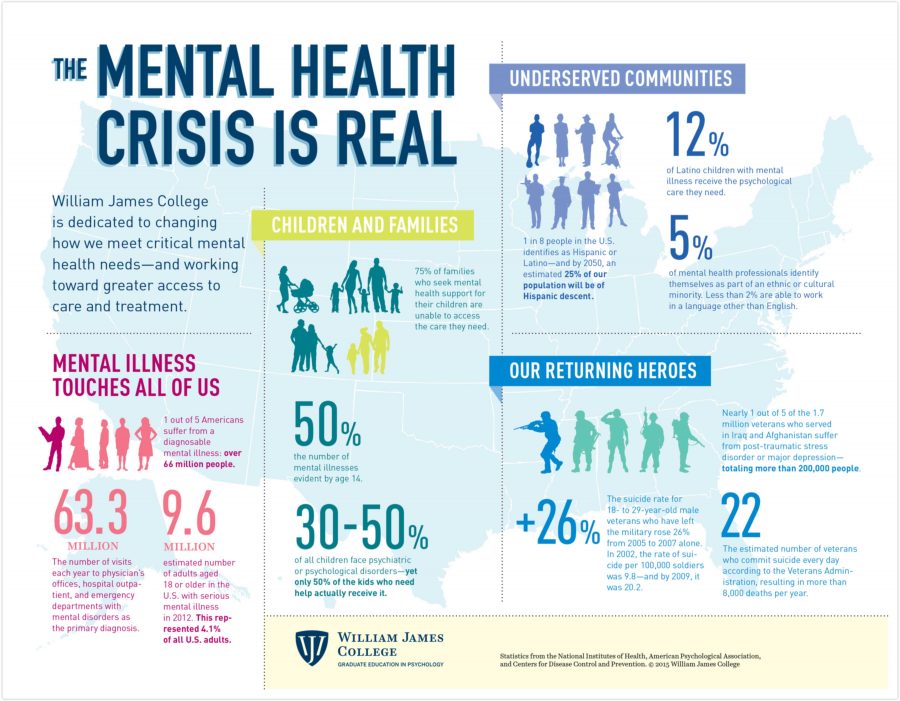 It’s a sweet way to remember the good times you’ve shared.
It’s a sweet way to remember the good times you’ve shared.
7. Send them an article or a meme.
If you run across something that reminds you of a conversation you had with them in the past, send it to them! I always feel special when someone remembers a conversation we’ve had in the past and sends me something related, whether serious or funny.
8. Ask them how you can bless or help them in the coming days.
Schedules get full and the to-do list gets long. Offering to take one thing off their plate can make a world of difference.
9. Ask them how you can be praying for them.
We are called to share each other’s burdens.
10. Actually pray for them.
On one of my last days of work, one of my coworkers came to my cube, asked me how he could be praying for me, then sat down and prayed right then and there. While sharing your burdens feels good, knowing that those burdens are actually being brought before the Lord feels even better. It’s easy to hear someone’s prayer requests, then immediately forget about them.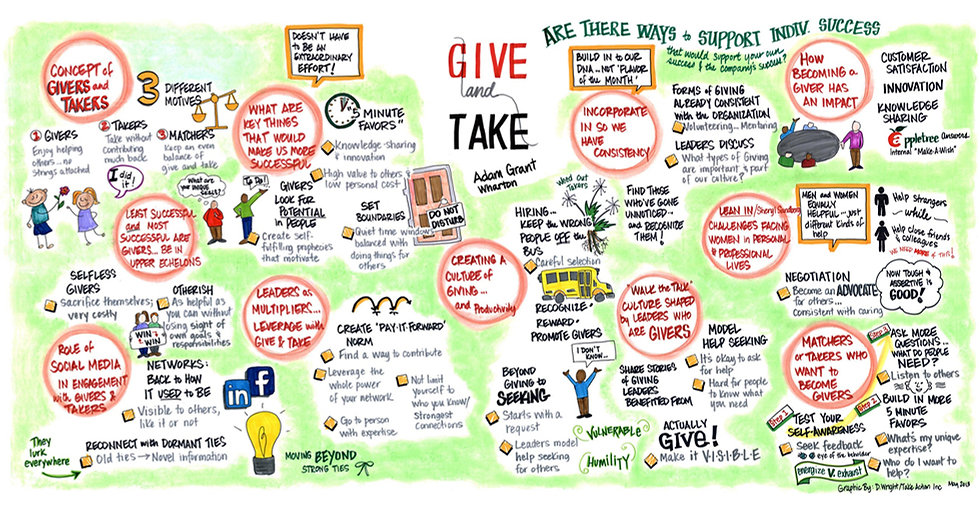 Pause and pray!
Pause and pray!
It only takes a minute to let your friends know that they are valued. So go find a sticky note and let them know!
Copyright 2020 Focus on the Family. All rights reserved.
Taking care of others helps you take care of yourself - News - IQ Research and Education Portal - National Research University Higher School of Economics
The ability to take care of oneself develops when a person cares about others. Neuroscientists closely link these two abilities. Admiration and compassion for other people causes activity in the human brain in those neural structures that are involved in the formation of self-awareness. Thus, empathy makes a person comprehend his own "I", influences his ethical choice and causes a desire to participate in socially significant moral actions, said HSE scientists, associate professor of the Department of General Sociology Maria Kozlova and researcher at the International Laboratory for Positive Psychology of Personality and Motivation Natalia Kosheleva .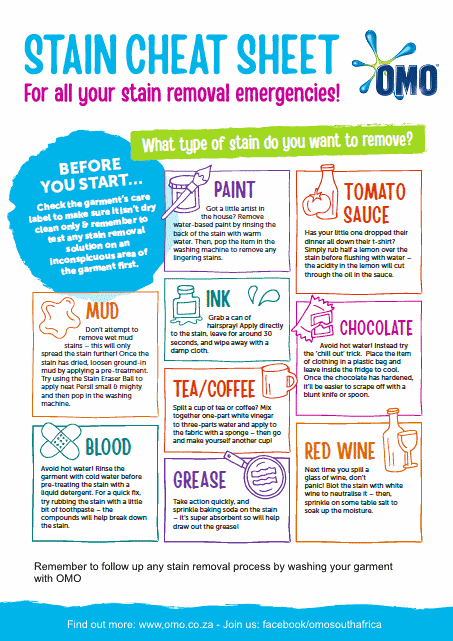
In the concept of self-care, the boundaries of the "I" are "not the subject of protection, but the subject of overcoming." Man steps over his own egoism. In fact, we are talking about the development of humanity, the advancement of the individual "along the path of humanization", noted Maria Kozlova and Natalia Kosheleva in the report "Caring for oneself and the Other as a moral attitude: an interdisciplinary approach." It was presented at the International Scientific Conference "Caring for Yourself in Pedagogy, Sociology and Psychology" at the National Research University Higher School of Economics. nine0007
In such a desirable but not always embodied coordinate system, altruism can return from oblivion, broken ties between people can be restored, and life in society will no longer resemble a battlefield of people for their own benefits.
Morality shrank and individualized
Society is going through a moral crisis, which, according to many experts, is associated with the reign of egocentrism and the loss of the former consolidation in society (see article There are not enough altruists in the post-Soviet space). Individualism, narcissism and hedonism "abolished" moral regulation, turning it into a form of entertainment (in the works of Western researchers - fun morality), noted Kozlova and Kosheleva. nine0007
Individualism, narcissism and hedonism "abolished" moral regulation, turning it into a form of entertainment (in the works of Western researchers - fun morality), noted Kozlova and Kosheleva. nine0007
As a result, people's ethical attitudes change. "The destruction of communities leads to a weakening of individual responsibility to other people," connections between individuals are reduced to functional dependence, and morality is interpreted in terms of a person's responsibility only to himself.
And although this self-directed morality is, in principle, functional (for example, it prevents wrong behavior), its range of action is extremely limited. This is morality in a narrow sense, regulating, for example, bodily practices - self-preserving behavior (healthy lifestyle, etc.). In fact, such “self-care” looks like “concern”, anxiety. The classic of world philosophy Martin Heidegger would call it "fear", the authors of the report believe. nine0007
However, as a result, the absolutization of egoism turns out to be a vulnerable position, neuroscientists have proved.
Caring for others is a natural human trait
Recent neuroscience studies have shown that helping others, and in particular giving to others, activates brain regions associated with pleasure (see Harbaugh W., Mayr U., Burghart D. Neural Responses to Taxation and Voluntary Giving Reveal Motives for Charitable Donations // Science, 2007. Vol. 316. P. 1622-1625). nine0007
Moreover, children already at the age of one and a half years try to help other people, even strangers . Thus, comprehending morality from the standpoint of the analysis of neural structures, “we discover an inextricable link between caring for oneself and caring for the Other,” comment Maria Kozlova and Natalya Kosheleva.
Other neurobiological studies, such as social emotions (emotions caused by the experiences of the Other, and this is an important basis of morality), have shown that, although these emotions are "induced" by the state of other people, they stimulate a person to reflect on their own actions and views ( Immordino-Yang M.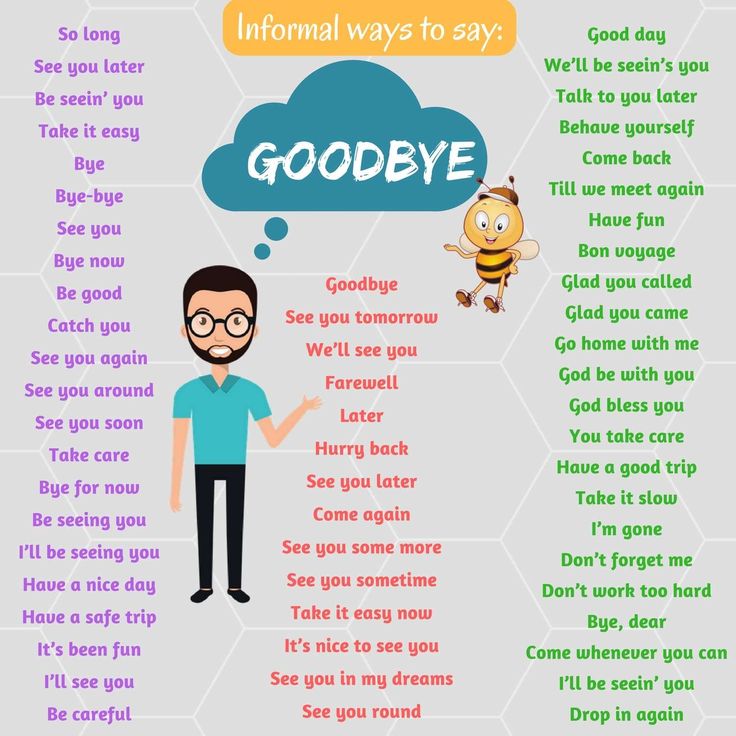 H., McColl A., Damasio H., Damasio A. Neural Сorrelates of Admiration and Compassion // Proceedings of the National Academy of Sciences of the USA, 2009. Vol.106. R.8021–8026; Damasio A.R., Meyer K. Consciousness: An Overview of the Phenomenon and of its Possible Neural Basis // In S. Laureys & G. Tononi (Eds.). The Neurology of Consciousness. London, UK: Elsevier, 2009, pp. 3–14). And such a moral understanding of one's "I" is already a step towards socially significant moral actions, the authors of the report emphasized.
H., McColl A., Damasio H., Damasio A. Neural Сorrelates of Admiration and Compassion // Proceedings of the National Academy of Sciences of the USA, 2009. Vol.106. R.8021–8026; Damasio A.R., Meyer K. Consciousness: An Overview of the Phenomenon and of its Possible Neural Basis // In S. Laureys & G. Tononi (Eds.). The Neurology of Consciousness. London, UK: Elsevier, 2009, pp. 3–14). And such a moral understanding of one's "I" is already a step towards socially significant moral actions, the authors of the report emphasized.
Compassion leads to self-development
An intermediate link between social emotions and moral actions is the stage of introspection, which involves awareness of visceral sensations associated with emotions. Visceral sensations are usually understood as the body's reactions to various feelings or changes in the external environment (the simplest example is the “goosebumps” effect caused by fear or cold). nine0007
The method of evoking the emotions of compassion and admiration allowed scientists to discover that these socially conditioned emotions stimulate activity in those areas of the cingulate gyrus of the cerebral cortex * that are included in the network corresponding to a sense of self-worth and a high level of self-consciousness (see the above works of Immordino-Yang M.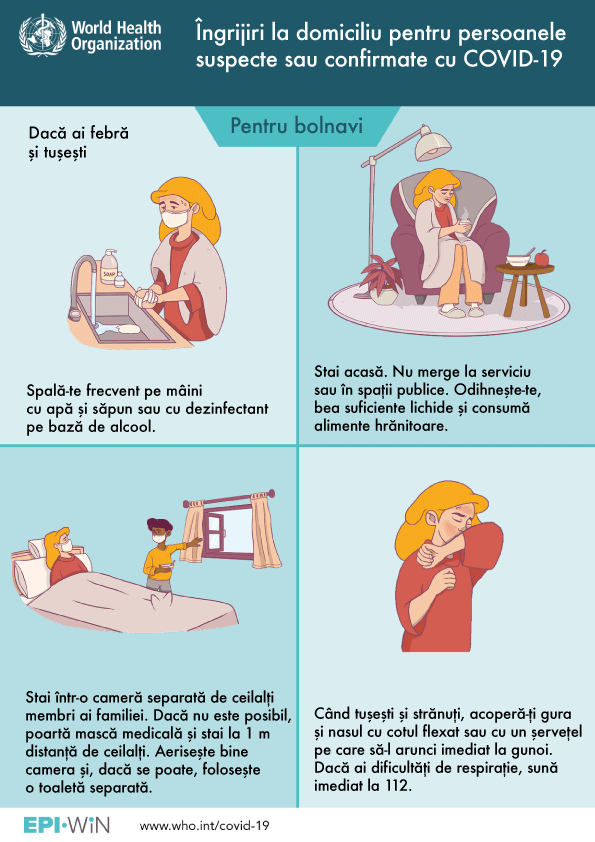 H. , McColl A., Damasio H., Damasio A. and Damasio A.R., Meyer K.). The activity of this network, experts specify, usually increases when a moral judgment is made. nine0007
H. , McColl A., Damasio H., Damasio A. and Damasio A.R., Meyer K.). The activity of this network, experts specify, usually increases when a moral judgment is made. nine0007
In other words, visceral processes serve as a bridge between social emotions and personal incentives for moral action, as they are significant for the formation of the "self-reflective" part of the neural network.
The Other is important for self-awareness
Thus, Kozlova and Kosheleva emphasize, the Other becomes a necessary participant in the process of self-awareness and the formation of one's own identity. And, conversely, the maturity of the "I" becomes the basis of compassion and concern for the Other. In other words, we can talk about the relationship: the ability to take care of oneself develops when a person cares about others. nine0007
In this sense, the category of care is transformed, acquiring a transcendental character. It is no longer just a concern for the well-being and integrity of the Self, but a way of being.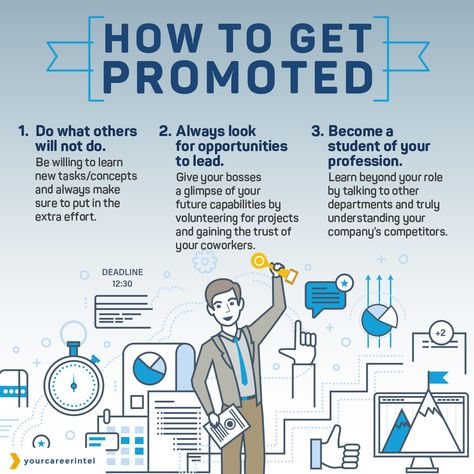 Or, in the terminology of the famous scientist, head of the International Laboratory of Positive Psychology of Personality and Motivation at the National Research University Higher School of Economics Dmitry Leontiev, "a measure of individual progress along the path of humanization."
Or, in the terminology of the famous scientist, head of the International Laboratory of Positive Psychology of Personality and Motivation at the National Research University Higher School of Economics Dmitry Leontiev, "a measure of individual progress along the path of humanization."
See also:
There are not enough altruists in the post-Soviet space
Parents bring up individualism in children
Social work becomes a profession in parishes
Social work professionals strive to standardize their senses
*posterior-inferior preclinal and nearby retrosplenal cingulate cortex.
Text author: Sobolevskaya Olga Vadimovna, October 30, 2015
All materials of the author
Sociology psychology valuables
How to learn to show attention and care for others if you yourself suffer from social phobia
Overcoming social phobia
One of the main problems that those who suffer from social phobia face is the isolation of attention on their own internal problems, focusing only and exclusively on themselves.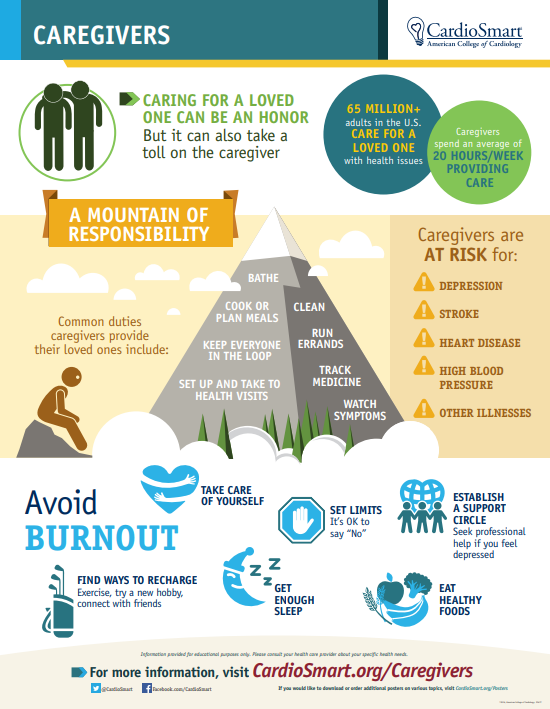 But the systematic manifestation of attention and care in relation to others can destroy this obsession with oneself - and learn to be truly caring and attentive in relation to both other people and oneself.
But the systematic manifestation of attention and care in relation to others can destroy this obsession with oneself - and learn to be truly caring and attentive in relation to both other people and oneself.
If you are trying to cope with your painful condition, one of the most effective ways to expand your attention beyond your condition is to show attention and care towards other people. That's right - helping people, you help yourself! nine0007
To show concern for someone means to think about his happiness and well-being. It also means the ability to understand and predict what exactly he needs, and to be able to see the world through his eyes.
The easiest way to learn how to care for others is to set a personal goal for yourself every day: to do five good deeds in which you show consideration and care for other people every day. At the same time, three out of five actions can be planned in advance - and the rest can be done spontaneously, according to mood! nine0007
And although at first it will be very uncomfortable and embarrassing, practicing small acts of kindness, attention and care for the people around you every day, gradually you will learn to always, automatically, by default, think about their needs. In the end, it will become natural and habitual for you to always, in any interaction with people, first of all think about what they need and what you can do for them.
In the end, it will become natural and habitual for you to always, in any interaction with people, first of all think about what they need and what you can do for them.
Here are examples of specific actions that you can take to develop, internalize, and reinforce in your mind the ability to understand and care for other people:
- Give compliments . Try complimenting a complete stranger, such as a supermarket cashier or a waiter. Compliments are unexpected and pleasant for those to whom they are addressed, and they are also a great start for a small conversation.
- Smile . Smiling is so simple, but it can change the whole day - both for you and for the person you smile at! You can also use the skill of “slowing down” a smile – when you decide to smile at a person, first make a short pause during which you just look at him – and then slowly smile at him. Your interlocutor will see that your smile is sincere, and is intended only for him.
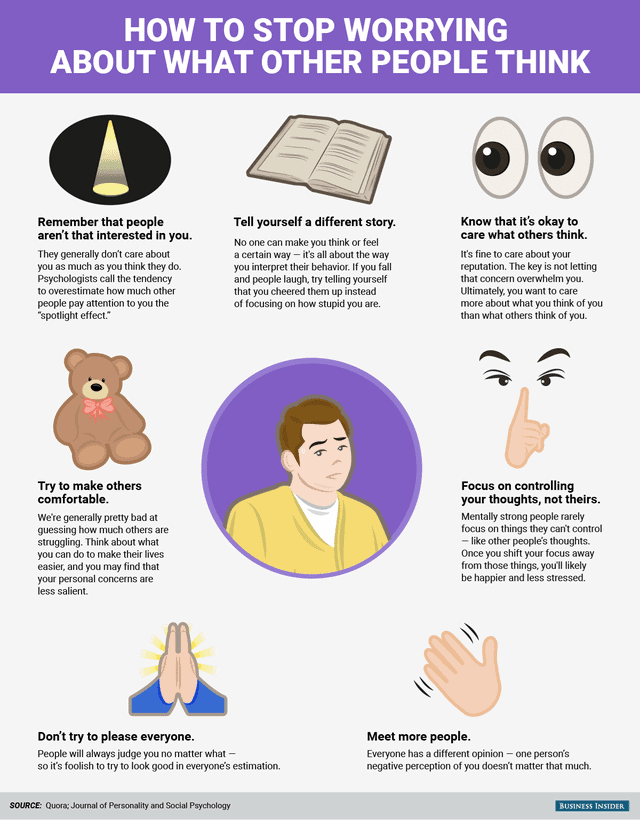 nine0088
nine0088 - Write and send letters and postcards - “live”, handwritten by you ! Send postcards to your family members and your friends - as gratitude for their help to you, as a birthday greeting, as wishes of health, longevity and well-being - and even "just like that", for no reason! If you find it difficult to remember dates, use calendars and reminder apps.
- Let people in - in the truest sense of the word: open the doors in supermarkets, in the subway, or let someone's car pass ahead on the road! This is a small act of caring for others that can be practiced anytime, anywhere. nine0088
- Learn household neatness and tidiness . At first glance, these things have little to do with caring for others - but only at first glance. In fact, personal tidiness and neatness in everyday life helps those people with whom you personally interact and / or live.
- Try cooking for someone who really needs care and support .
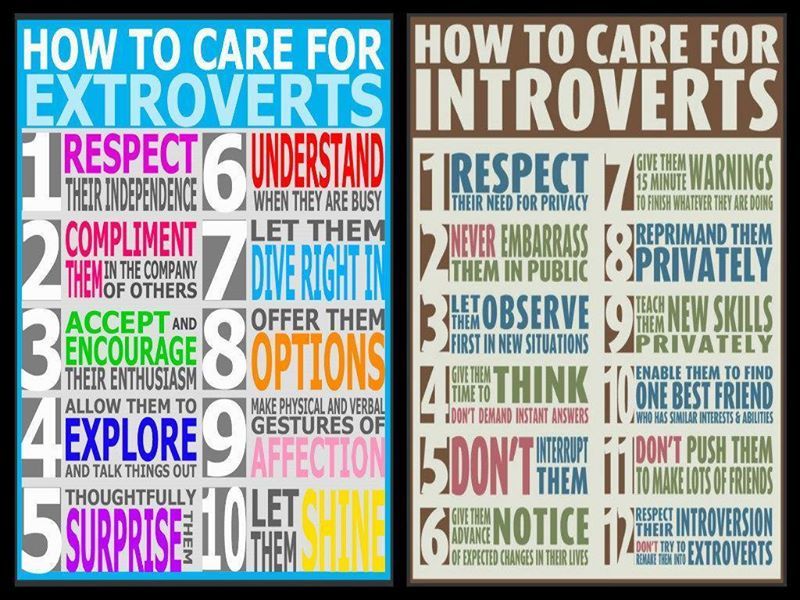 For example, if one of your acquaintances is ill, cooking dinner for him will be a truly important manifestation of your care and attention for him. If it’s difficult for you to cook food, semi-finished products bought at the supermarket are also suitable. nine0088
For example, if one of your acquaintances is ill, cooking dinner for him will be a truly important manifestation of your care and attention for him. If it’s difficult for you to cook food, semi-finished products bought at the supermarket are also suitable. nine0088 - Listen to people and give them your attention ! It may seem so simple - but it is also one of the most powerful ways to show that you care about the person you are talking to.
- Remember and write down what people around you need . And when the time comes to give gifts, you can give each person exactly what he needs - and thus actually show your care for him and attention to his needs. nine0088
- Help other people anonymously . Kindness, care and attention do not require gratitude. Do good deeds just like that, without expecting anything in return - and you will definitely be rewarded!
- Learn gratitude . At a minimum, write down a few gratitude quotes for yourself from reputable sources, and repeat them every morning! And try every day to remember at least three people to whom you are truly grateful.
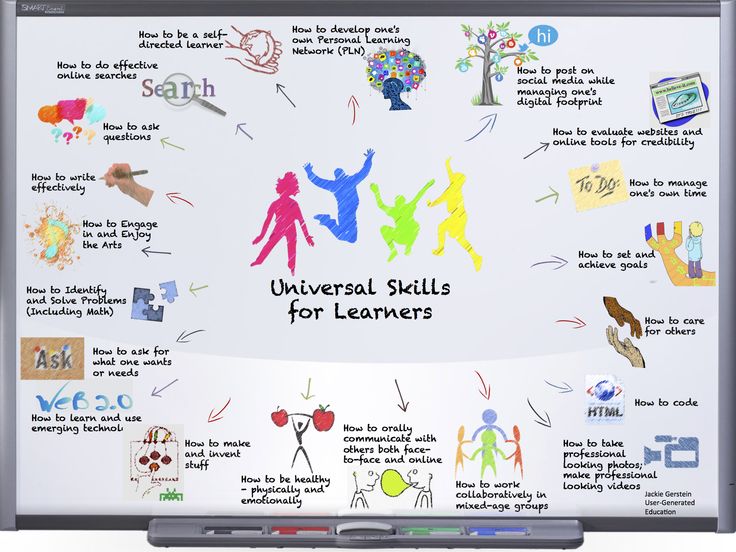 nine0088
nine0088 - Answer phone calls, voice messages and emails . It takes only one or two minutes - but this is also a manifestation of your care and your attention in relation to the person who calls or writes to you.
- Give alms to those who ask for it - and food is better than money. For such occasions, you can carry a few small chocolate bars with you and distribute them to those in need.
If you suffer from social phobia, you may think that it is very difficult to show care and consideration towards other people. You may feel that you are not good enough to treat others with care and kindness - or that you were not (or are not) loved the way they were (or are) loved.
But in reality, it is this activity that can make you a good enough person for everything, including - worthy of respect and love of others. nine0007
© Pobedish.ru (translation)
(
Pobedish.





